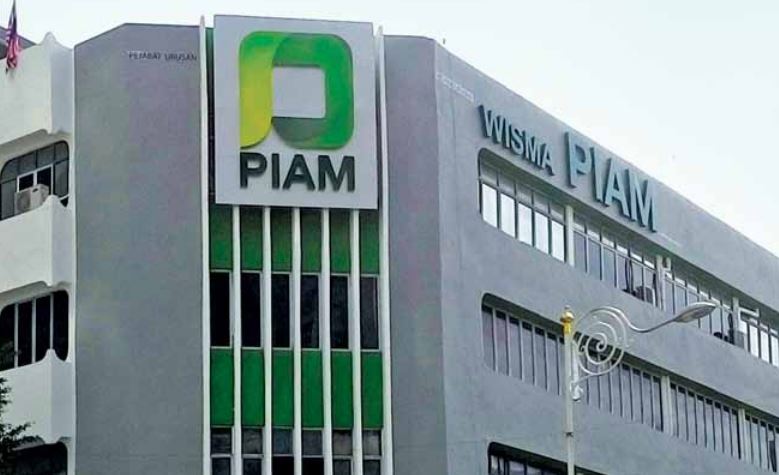
All 23 member companies under Persatuan Insurans Am Malaysia (PIAM) and 4 general takaful member companies of Malaysian Takaful Association (MTA) are committed to supporting an orderly and gradual transition to market-based pricing as well as higher service quality as part of the liberalisation of motor and fire tariffs (phase 2) initiatives. With the effectiveness of phase 2, all licensed general conventional insurers and general Takaful operators shall ensure that basic protection remains accessible and affordable. On top of that, phase 2 involves the deployment of end-to-end digital claims solutions to deliver a seamless consumer experience and maintain continued access to affordable motor protection in the future.
The liberalisation of motor and fire tariffs has been implemented in a phased approach to allow time for consumers and the insurance as well as takaful industry to adjust to the new operating environment. The first phase, which commenced on 1 July 2016, had encouraged product innovations and enabled insurance as well as takaful companies to offer new products and add-on covers at market-based pricing. As the industry moves forward to phase 2, the aim is to advance reforms that will eventually transform the motor ecosystem.
Phased Liberalisation of Motor Tariff
The government has taken the initiative to free the tariffed premium rates so that general insurance and takaful companies are able to charge premium/contribution based on the consumers’ driving behaviour. This is conducted to introduce greater competition and market-driven pricing in the motor insurance and motor takaful industry. Through this approach, the insurance and takaful industry are given more flexibility to offer motor related products with new features at market-based pricing depending on the policyholder’s/certificate holder’s safe driving behaviour. The aim of this phased approach is to provide smoother transition and allow both insurers/takaful operators and consumers to adjust to the new system.
Benefits of Phased Liberalisation of Motor and Fire Tariffs to Consumers
Under the Phased Liberalisation of Motor and Fire tariffs, consumer may expect an improvement in quality of services and a wider range of products at competitive prices to be offered by the insurers and takaful operators. The availability of new products with different features will enable consumers to obtain coverage that is best suited to the individual’s needs. With insurers/ takaful operators having more flexibility to determine their own pricing structures, consumers can also benefit from competitive premiums/contributions. For low-risk groups, premiums/contributions are expected to be lower, whereas for high-risk groups, premiums/contributions chargeable are expected to be higher. However, this can be moderated upon renewal of the policy/certificate by risk reduction factors such as by practicing safe driving habits to reduce accidents.
Moreover, increased competition often leads to improvements in customer service as insurance and takaful companies strive to attract and retain customers. Insurers/operators may invest in digital platforms, customer support, and claims processes to enhance the overall consumer experience. Furthermore, liberalisation can encourage innovation in insurance as well as takaful products and services, bringing more options and improved offerings to consumers.
A Comprehensive Consumer Education Program on Phased Liberalisation of Motor Tariffs
General insurance and takaful plays a crucial role in protecting individuals, families, and businesses from unforeseen risks and providing financial security in times of need. With this, the general insurance and takaful industry has taken the initiative to increase public awareness through a comprehensive Consumer Education Program for the consumers to understand the benefits of increased opportunities available.
The program aims to heighten public literacy on motor insurance as well as takaful products and services including motor claims process. Additionally, the program targets to instill positive public perception on the motor ecosystem especially on the roles of the general insurance and general takaful industry. In return, the program seeks to empower the consumer to make well-informed decision in purchasing a suitable motor insurance and takaful policies/certificates based on their needs.
The program will be rolled out through a series of knowledge sharing and educational initiatives on various platforms such as social media, websites, mobile applications, as well as public awareness campaigns. Among the key messages that will be highlighted in the program include:
1. The benefits of phased liberalisation of motor tariffs.
2. The roles, responsibilities and rights as a policy/certificate owner.
3. The importance of using towing services provided by licensed persons and going to approved motor repair workshops.
4. Critical features of insurance/Takaful coverage and commonly misunderstood concepts.
5. Education on motor claims process.
Overall, through the Consumer Education Program, the industry aims to achieve the following outcomes:
1. Increase awareness: Raise awareness among the public about the importance of general insurance/Takaful and its role in mitigating risks and providing financial protection to encourage good consumer habits, thus enhancing their financial resilience.
2. Enhance understanding: Educate consumers about the variety of general insurance/Takaful coverage available, their benefits, commonly misunderstood concepts, and how to assess their insurance/Takaful needs effectively.
3. Promote financial literacy: Empower the community with knowledge and tools to make informed decisions about general insurance/Takaful products, ensuring they receive adequate coverage tailored to their individual circumstances.
4. Advocate consumer rights: Highlight the importance of consumer privilege as a policy owner, understanding of motor claims process and the benefits of risk-based pricing.
The Consumer Education Program represents the general insurance and takaful industry’s commitment in enhancing financial literacy and building a customer-centric industry in Malaysia.

